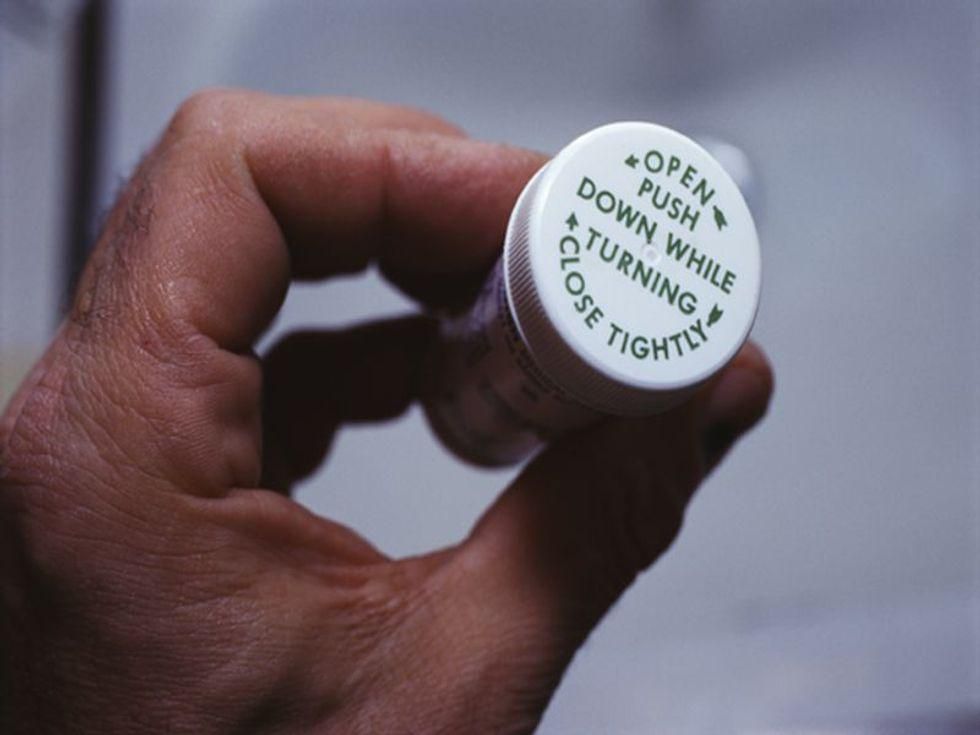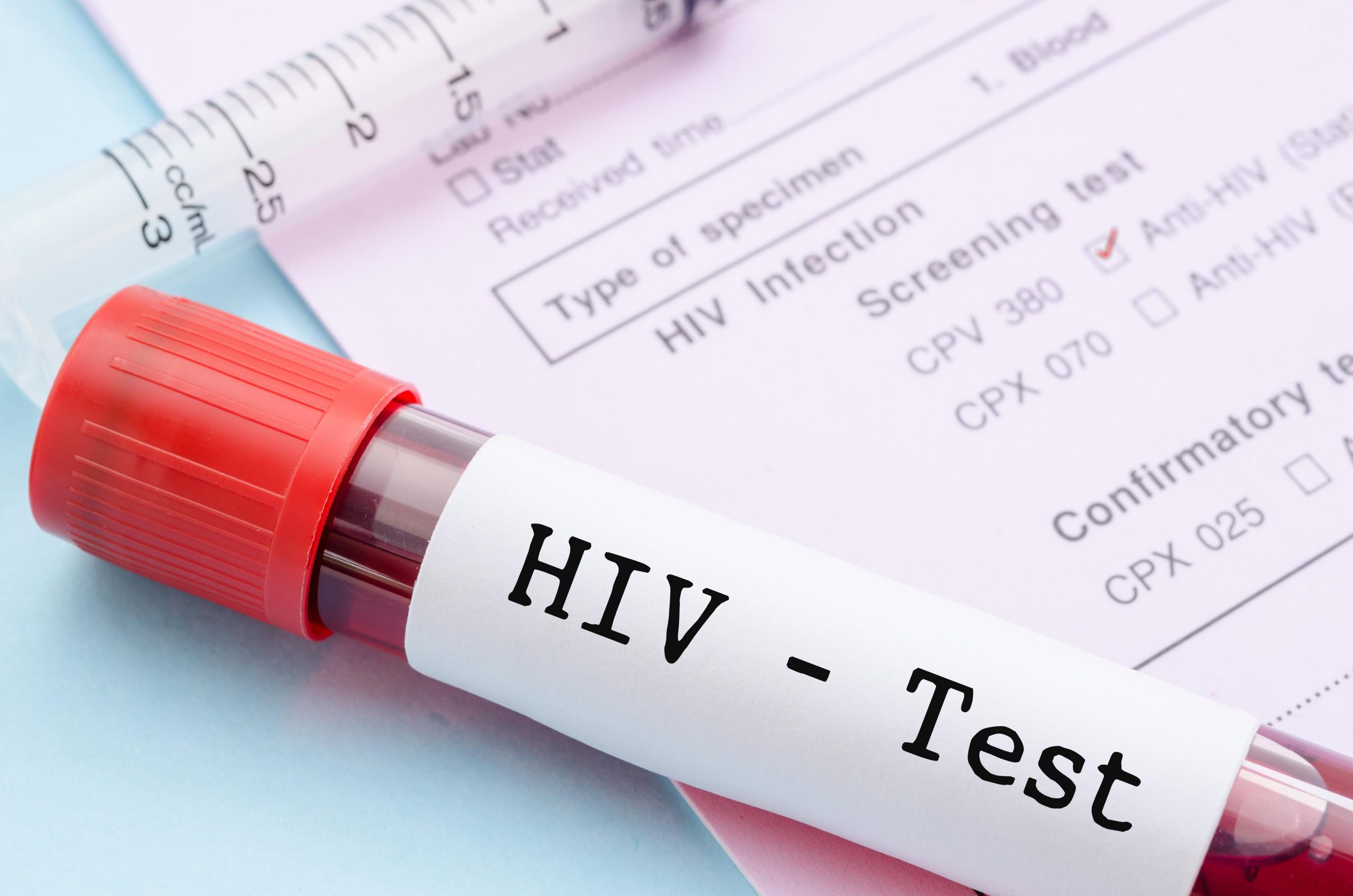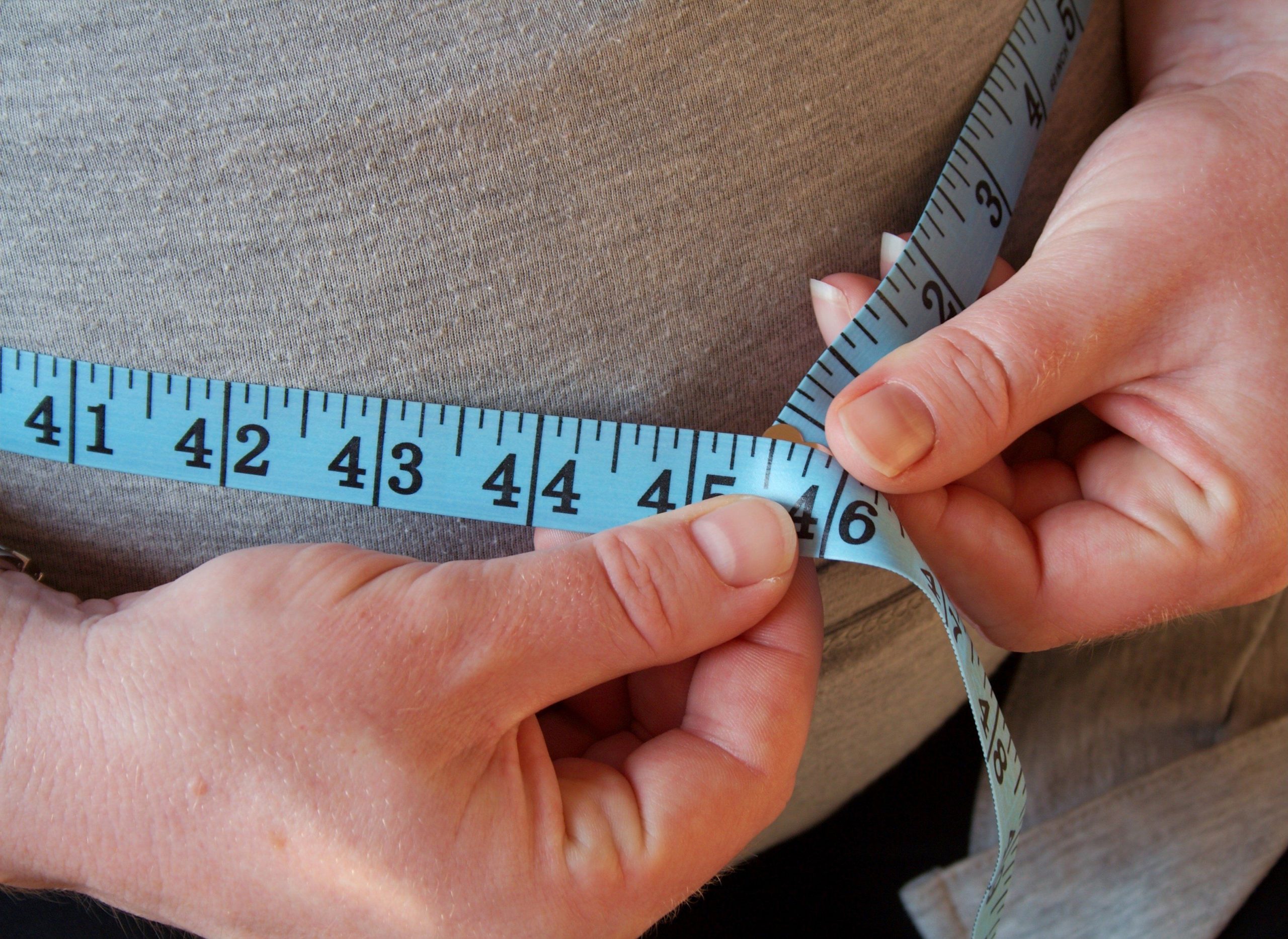
Pharmaceutical companies that make the 10 prescription drugs chosen to be the first for price negotiations for Medicare patients have agreed to talks with the government. The Biden administration announced Tuesday that the drugmakers, including Merck, Bristol Myers Squibb and Johnson & Johnson, will take part in price negotiations despite ongoing lawsuits over this same… read on > read on >






























